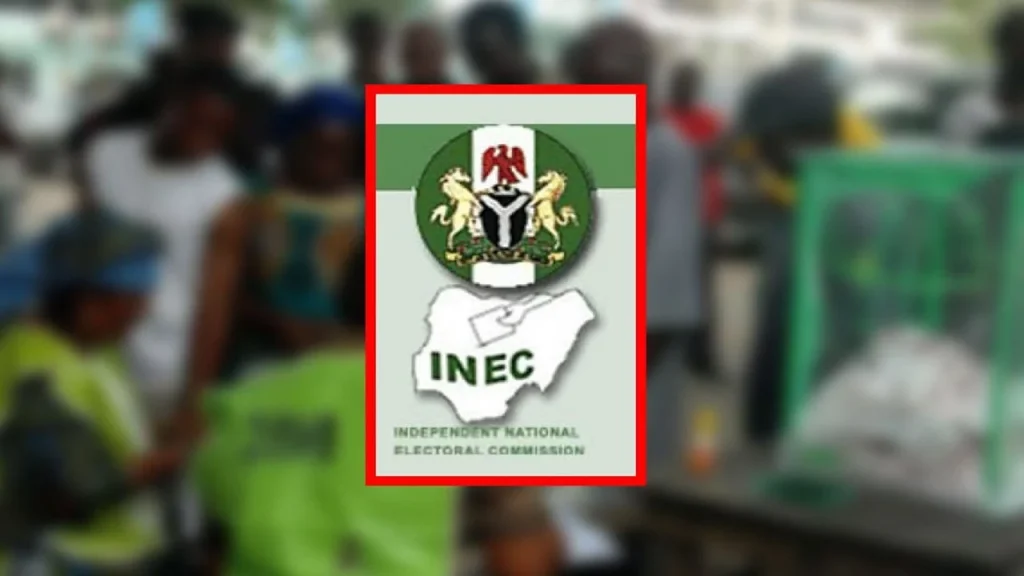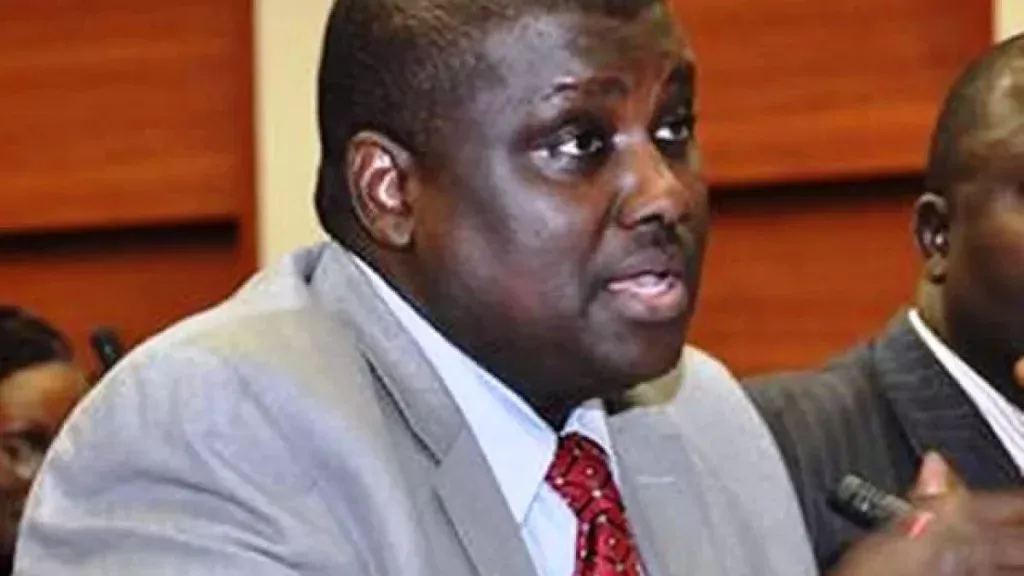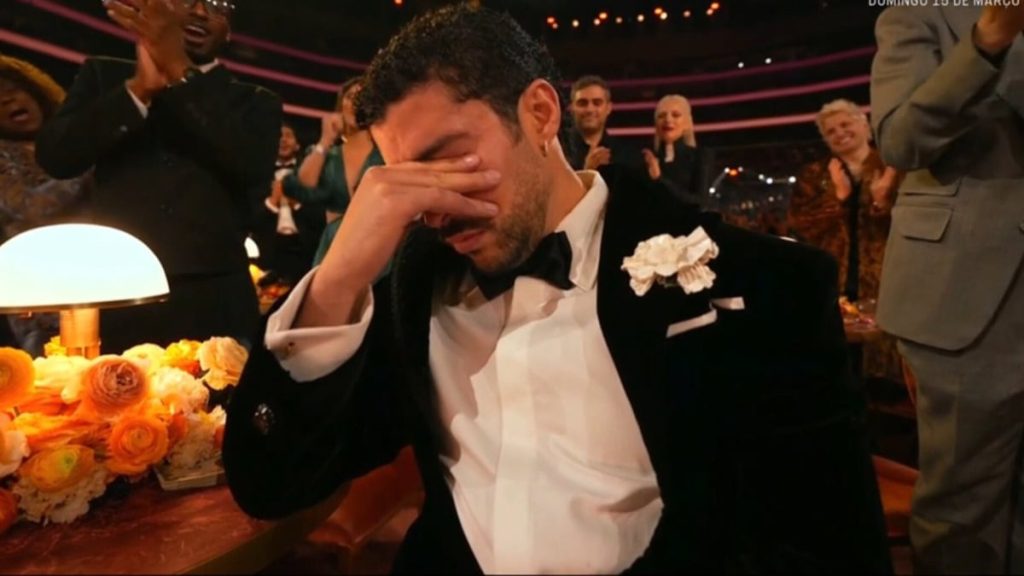Lesotho’s anti-corruption agency, the Directorate on Corruption and Economic Offences (DCEO), has admitted to wrongfully arresting the editor of the Lesotho Times and Sunday Express newspapers, Mohalenyane Phakela. The arrest occurred on August 29, after the agency accused Phakela of posing as one of its officers to obtain documents for a story on corruption.
The story in question implicated Lesotho Correctional Service Commissioner Mating Nkakala in the alleged theft of three plasma televisions donated by Maseru Toyota in 2022. Phakela was detained overnight in a police cell, where he claimed to have been subjected to harsh conditions, including a lack of warm clothing and inadequate food.
The DCEO’s lead investigator allegedly told Phakela that he needed to be “taught a lesson” for sourcing information from Maseru Toyota using his Lesotho Times email address. Phakela maintained that he had done nothing wrong and provided proof of his legitimate journalistic activities.
The arrest was widely condemned by media organizations, including the Committee to Protect Journalists and the Media Institute of Southern Africa. They criticized the DCEO’s actions as an attack on media freedom and an attempt to intimidate journalists.
On September 8, the DCEO announced that it had dropped the case against Phakela due to a lack of evidence. However, Phakela expressed disappointment that the agency did not apologize for his detention and the trauma he experienced. The DCEO’s spokesperson stated that there had been “reasonable suspicion” of an offense, but the case would not be pursued unless new evidence emerged.
The incident has raised concerns about the abuse of authority by the DCEO and the need for greater accountability. The Media Institute of Southern Africa’s chairperson, Kananelo Boloetse, called for consequences for the agency’s misuse of power, emphasizing that the DCEO should have reported its suspicions to the police instead of acting unilaterally.
The case highlights the challenges faced by journalists in Lesotho and the importance of protecting media freedom. Phakela’s experience serves as a reminder of the need for authorities to respect the rights of journalists and to ensure that they are not intimidated or harassed in the course of their work.



